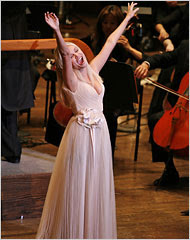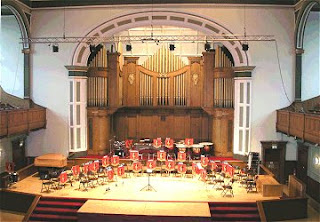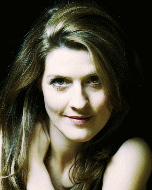The Idea is catching on....
Ok, so maybe I can't claim the idea to mix pop music and classical music. And since my concert is yet to happen, I can't even claim to be the influence of other groups trying a similar mix of pop and classical. However, it is heartening to hear the String Orchestra of New York City, or SONYC as they are more commonly know, is playing some new music with just this same sort of mix. The New York Times review of their performance speaks of several composers works covering a blending of styles from evertyhing from Jazz to Pop to Afro-Cuban to Rap. Not only does this encourage my own direction of music composition, I think I've found an orchestra I'd like to compose something for...













